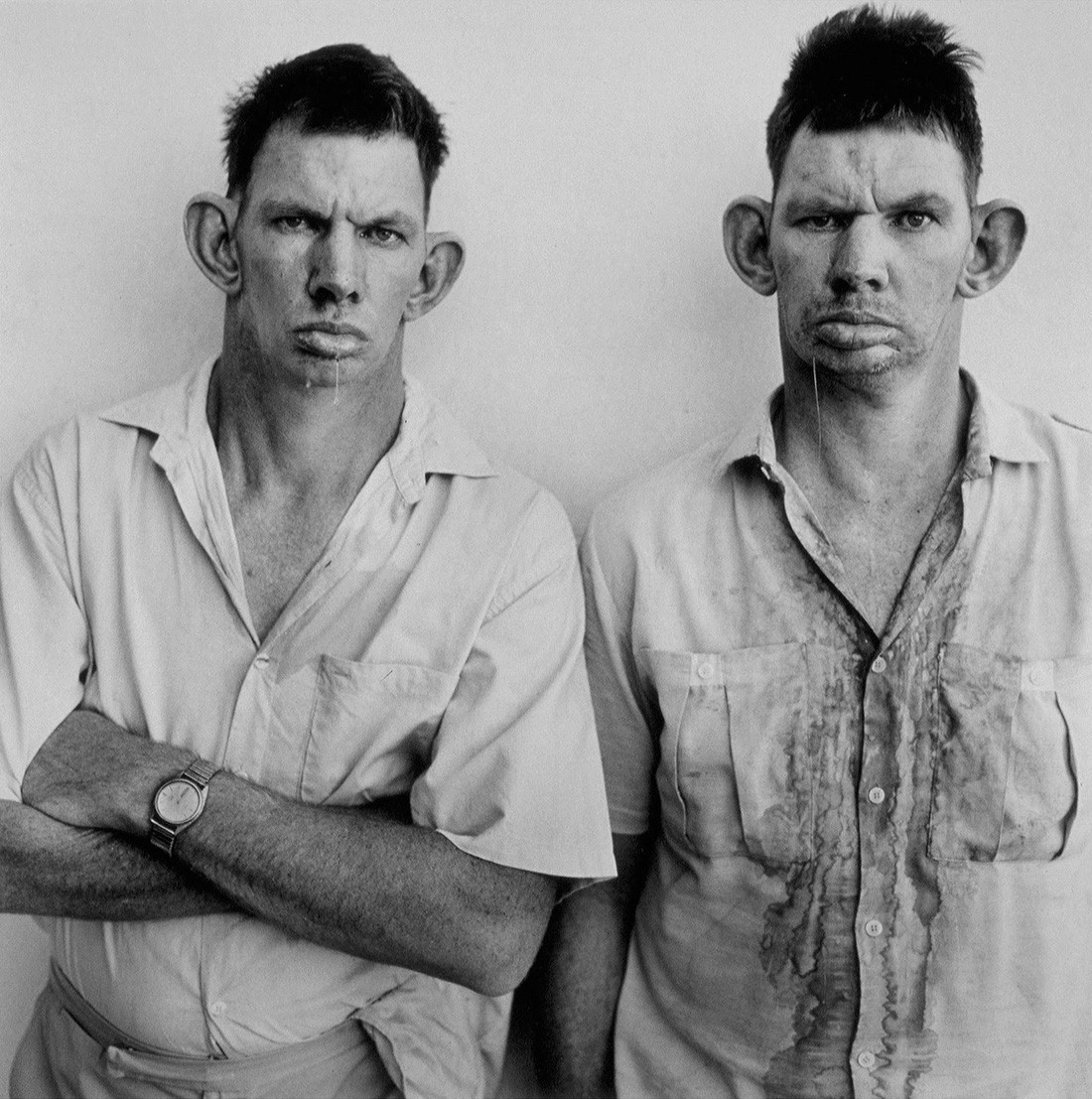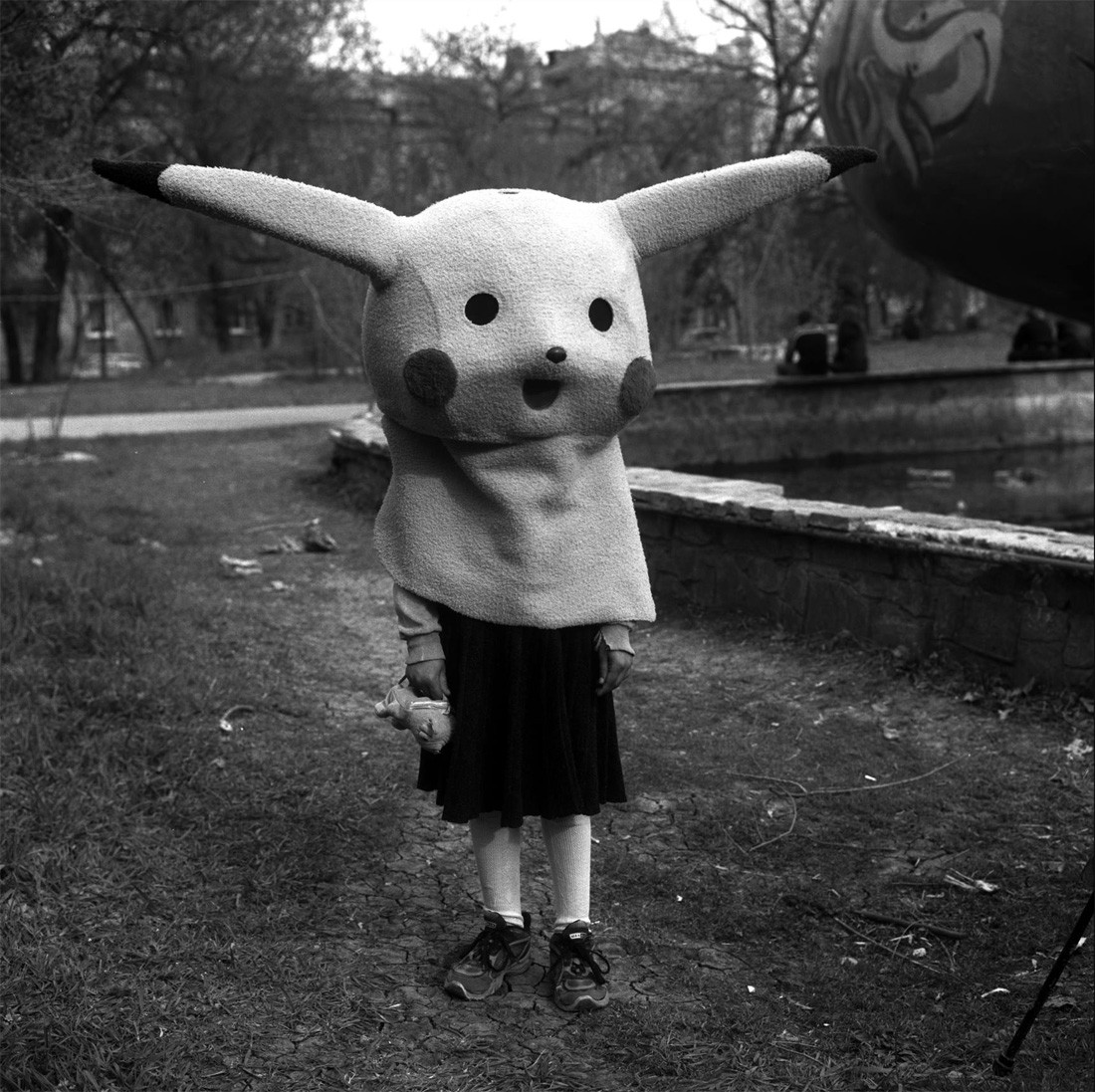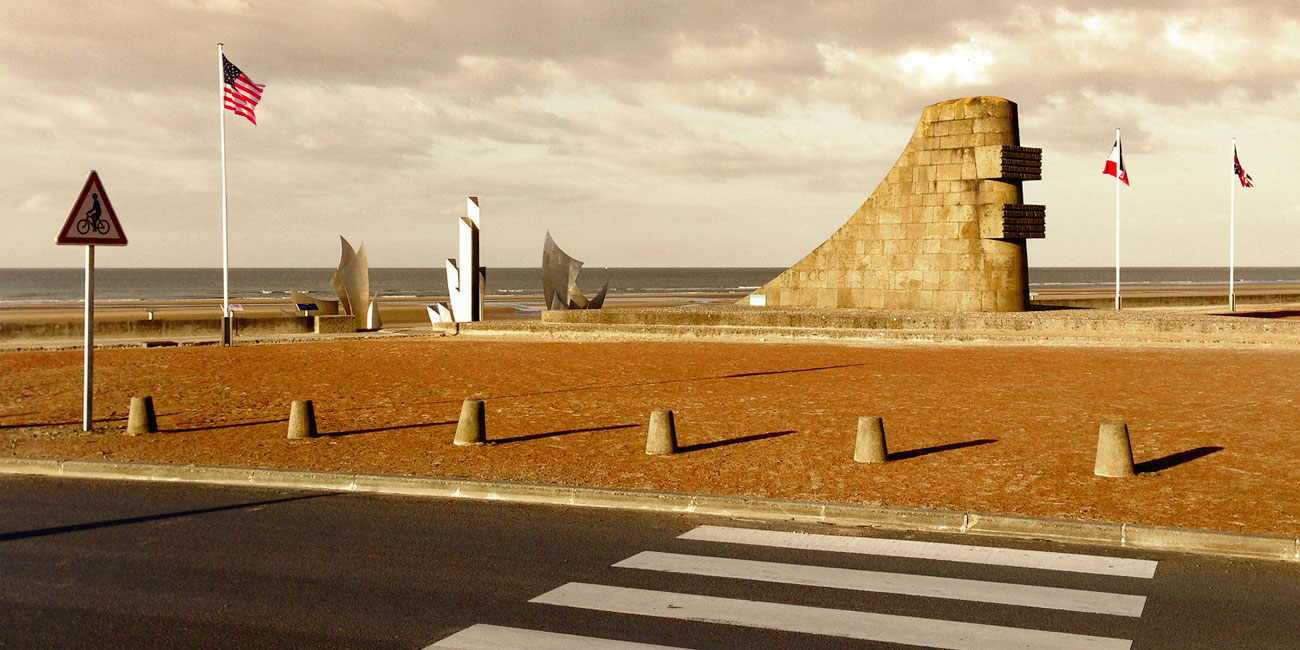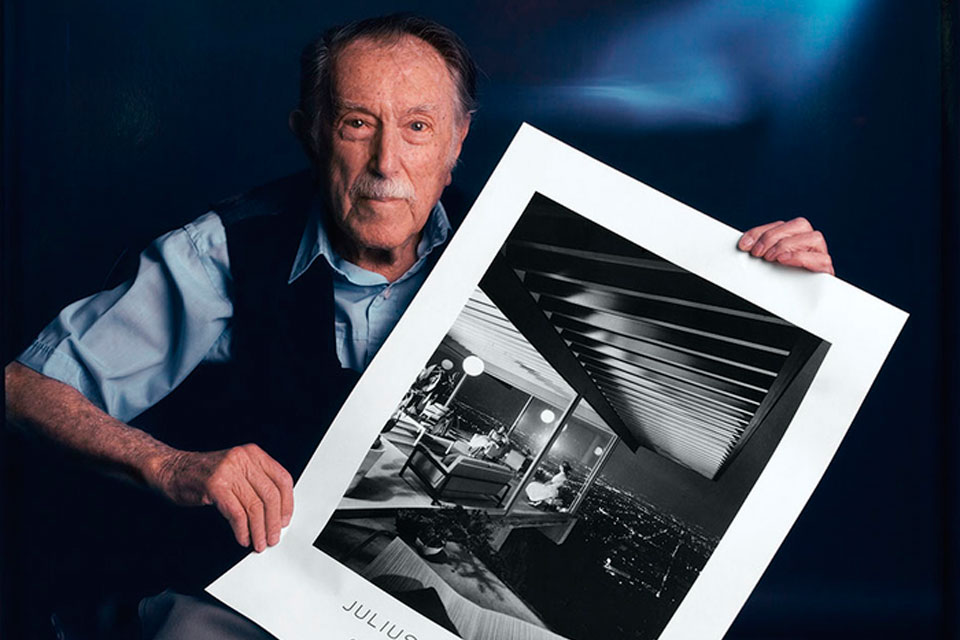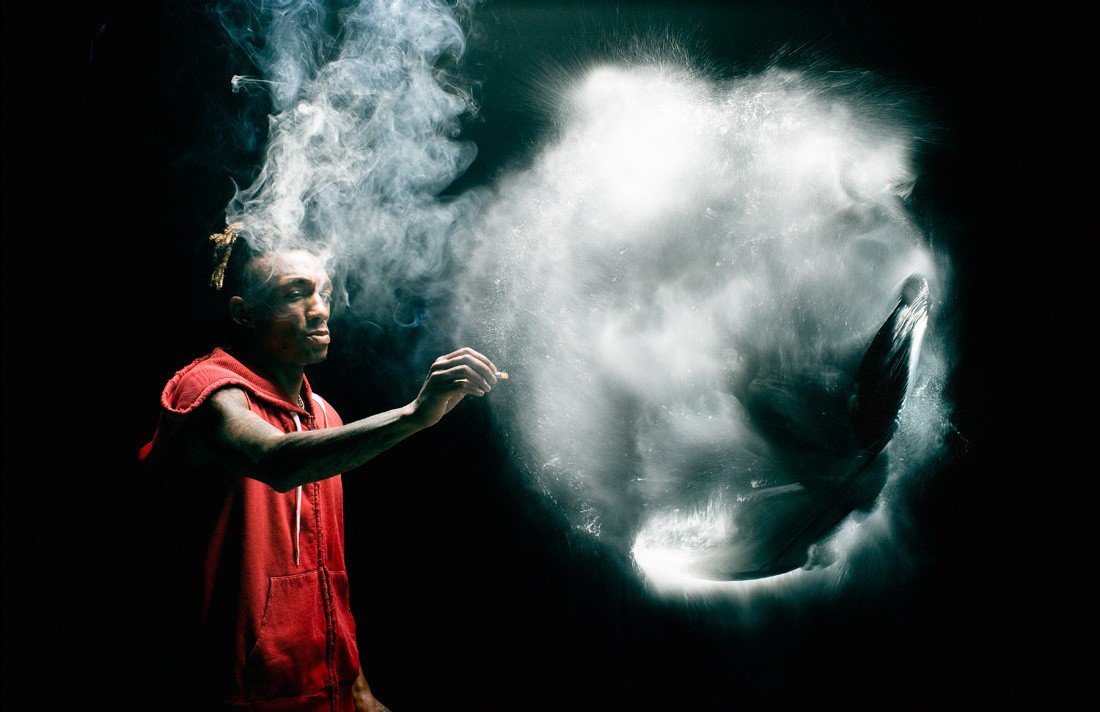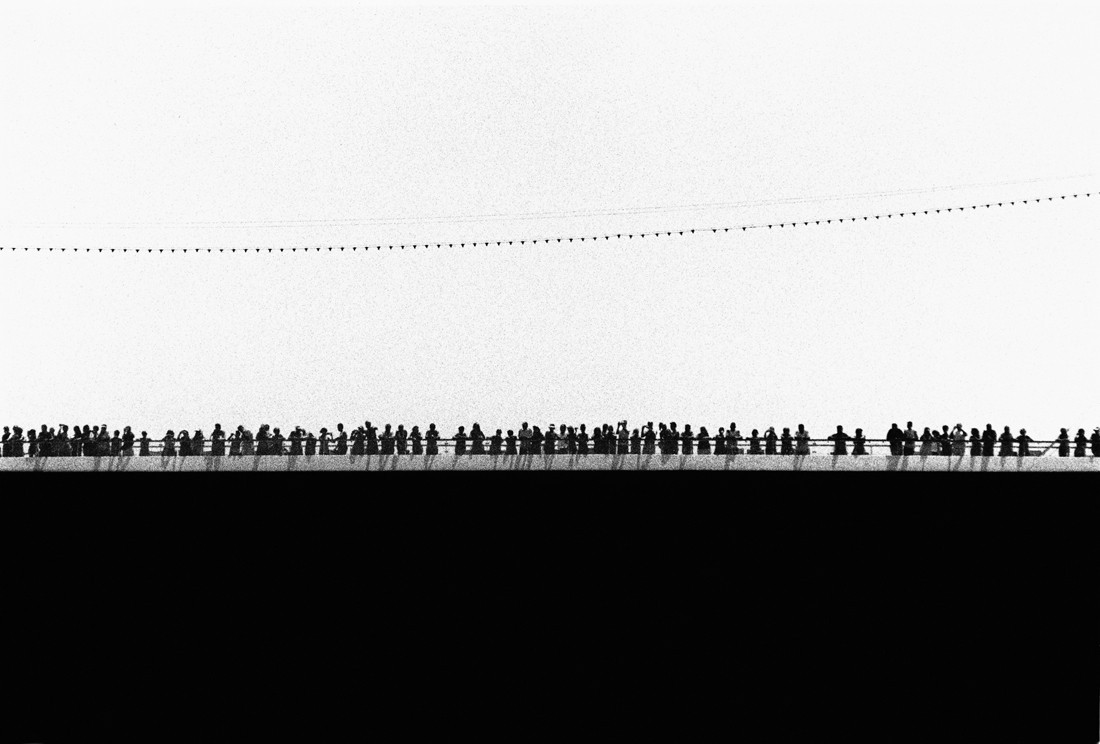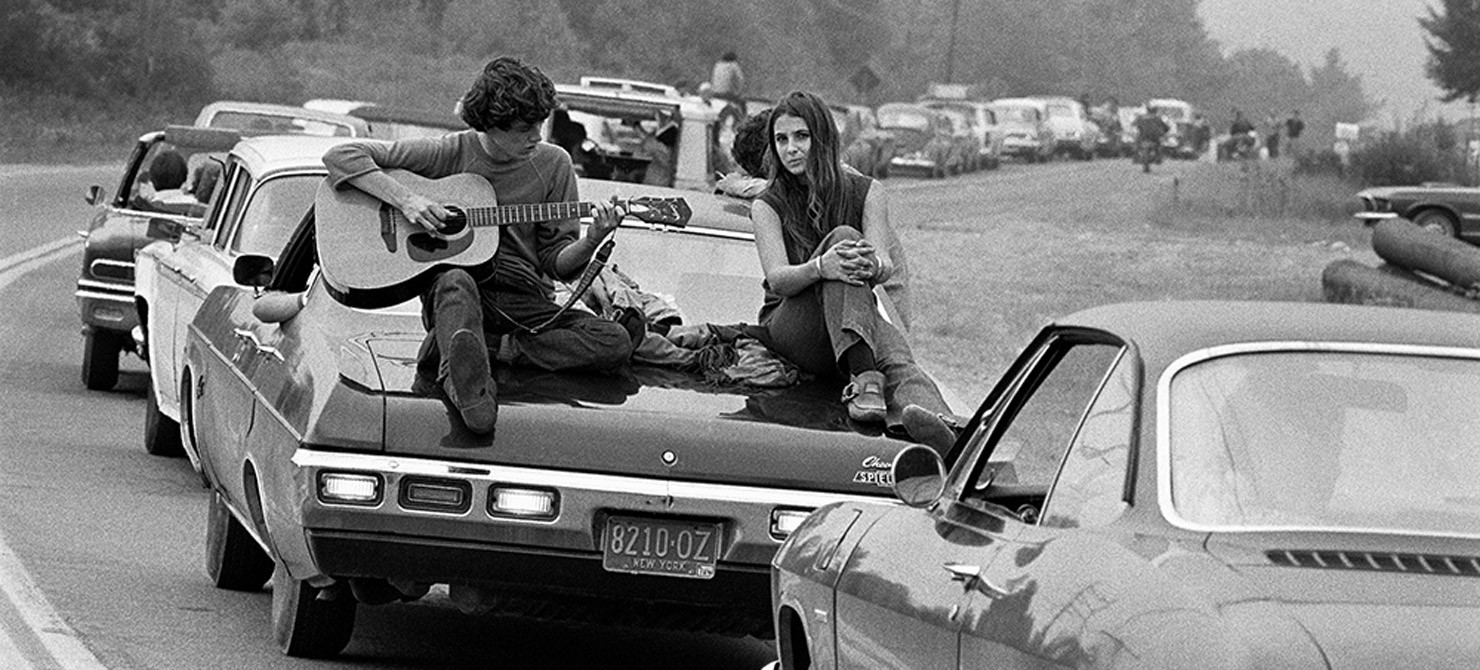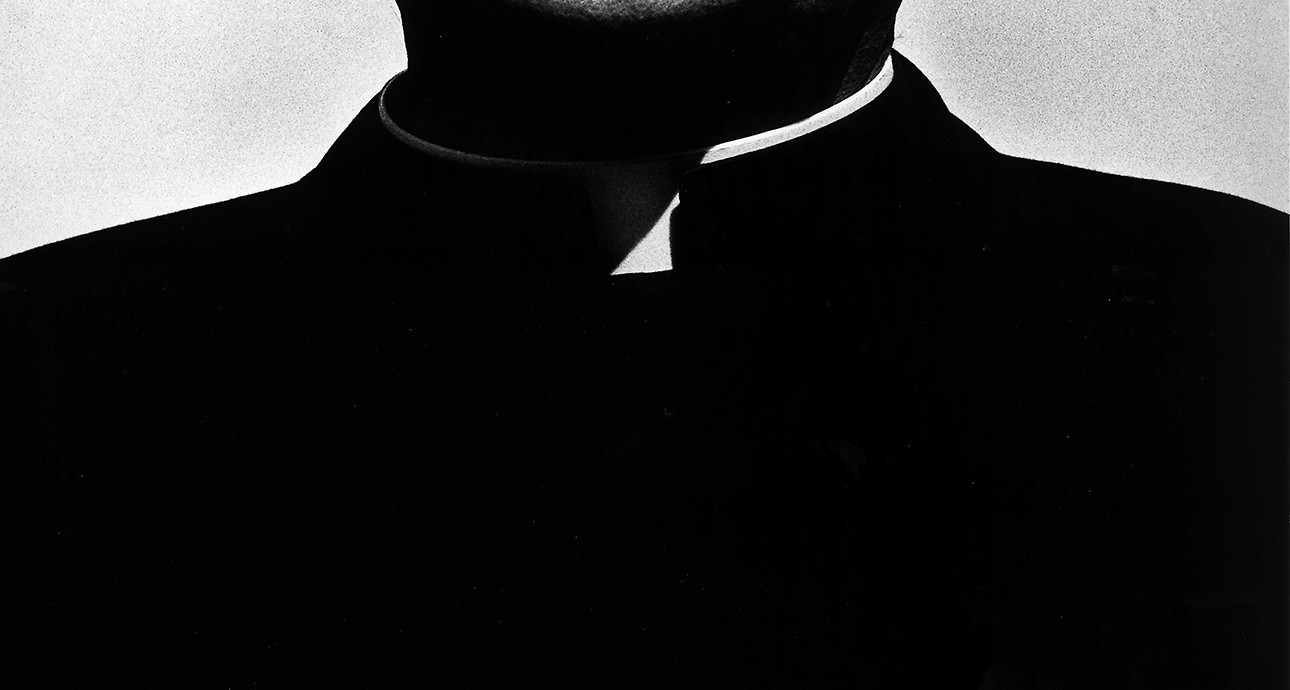
Ralph Gibson: The Only thing I Like More about the Analog Cameras Now Is That They are Smaller in the Hand
Ralph Gibson is famous for his half-a-century love affair with Leica analogue cameras and meticulous approach to photography techniques. His surreal black and white works are part of the world’s best collections of photographs and have inspired many imitators. In 2013, he turned around and went digital. 35 special edition Leica cameras ($28,000 each) that were issued for the occasion were sold in five minutes.

American art photographer. Learned from Dorothea Lange and Robert Frank. Quit Magnum three months after he started, to do art photography and publish photo books — he has currently made more than 40 of them. Got famous in 1970 after release of the book The Somnambulist. Gibson’s works are currently part of more than 150 influential collections. Honorary Doctor of Fine Arts at University of Maryland, Doctor of Fine Arts at Ohio Wesleyan University, Commandeur de L'Ordre des Arts et des Lettres de France. Owns Lustrum Press publishing house.
On Going Digital
All my life I wanted to put everything I knew about photography into a single body of work. And, as I continued to work, after almost 50 years, this feeling was still very strong. But as I was getting older, I was doing more music, and I was thinking less about photography.
I didn’t think that digital was any good, and I’ve said this in public. And then Leica Monochrome came along, and the very first picture I took was the cover of the book, Mono. I immediately realized that this camera would reflect my concerns, I can get my look with this Monochrome.
The day that it arrived I only put it on automatic. I didn’t understand how to use it at all. The book Mono is really about a guy learning how to shoot digital. I am learning that there is another visual territory available in shooting digital, and I am interested in that territory.
It is much easier to work digitally, you get responses very quickly, you get a quick result. And it gave me tremendous energy, I shoot every day. I’ve never been more prolific. So, now I’m anything but slowing down, if anything, I am speeding up.
I have not shot film for maybe three or four years. The only thing I like more about the analog cameras now is that they are smaller in the hand.
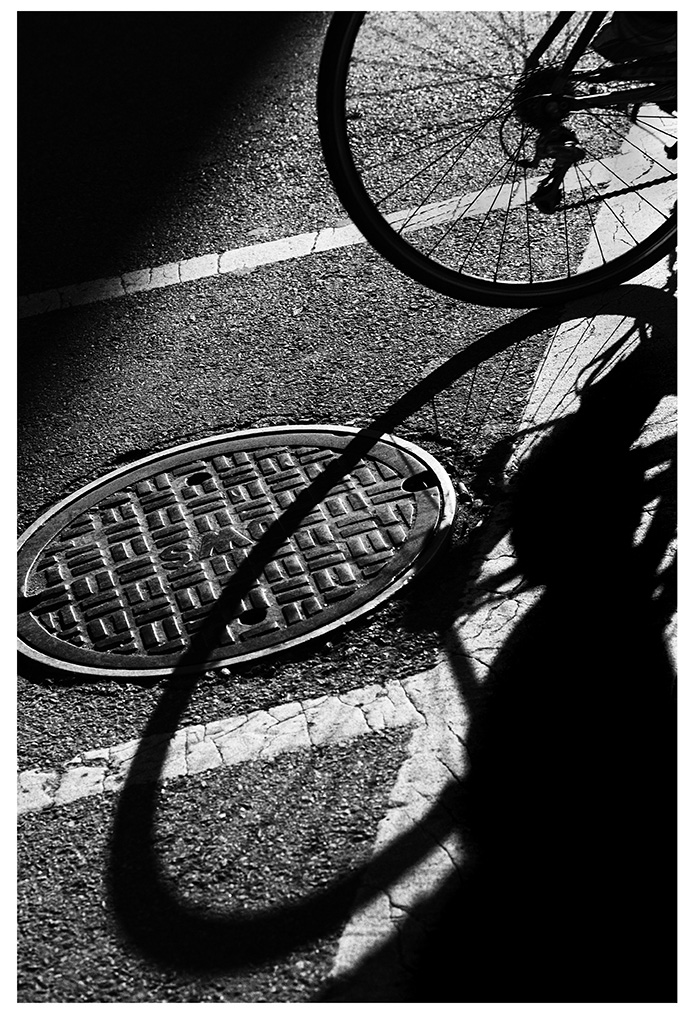
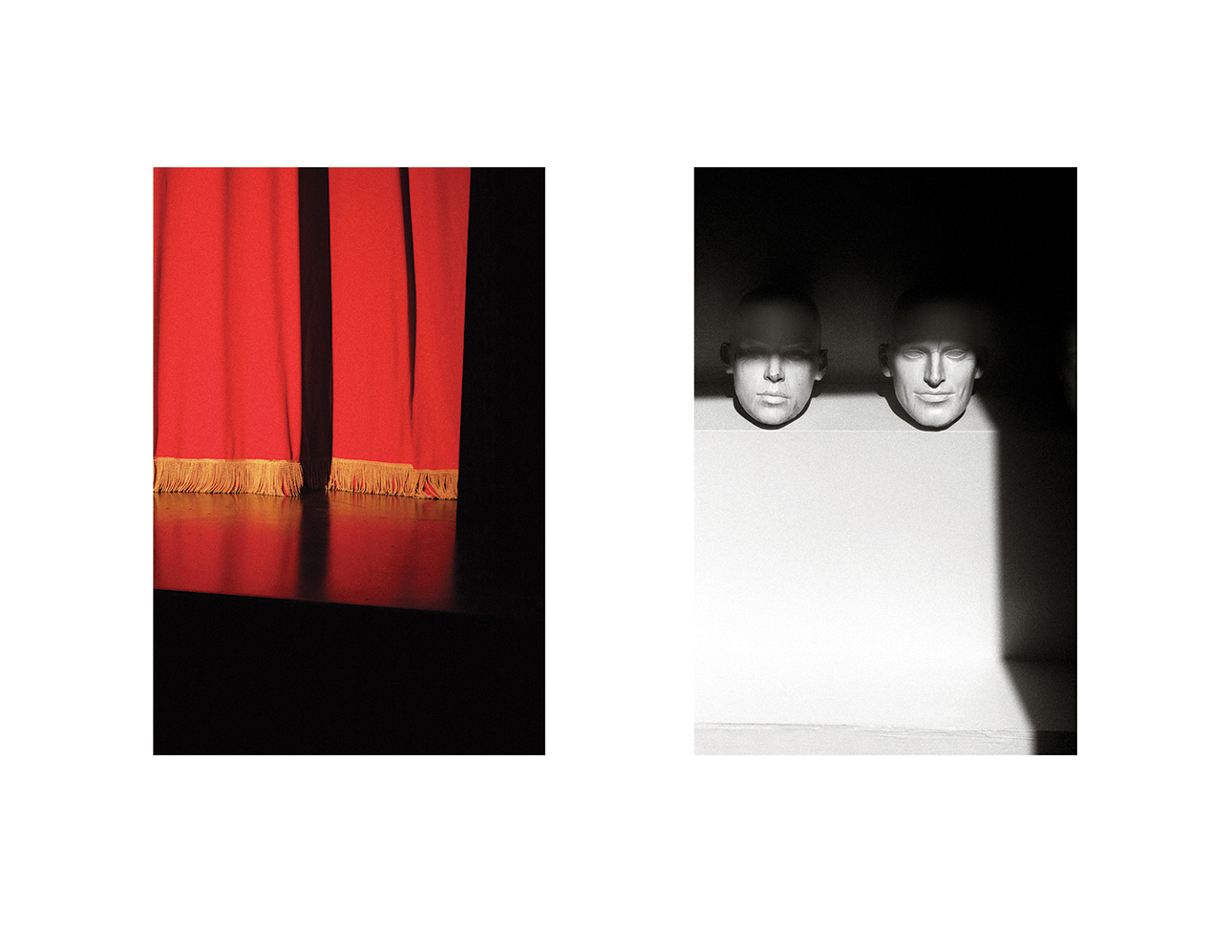
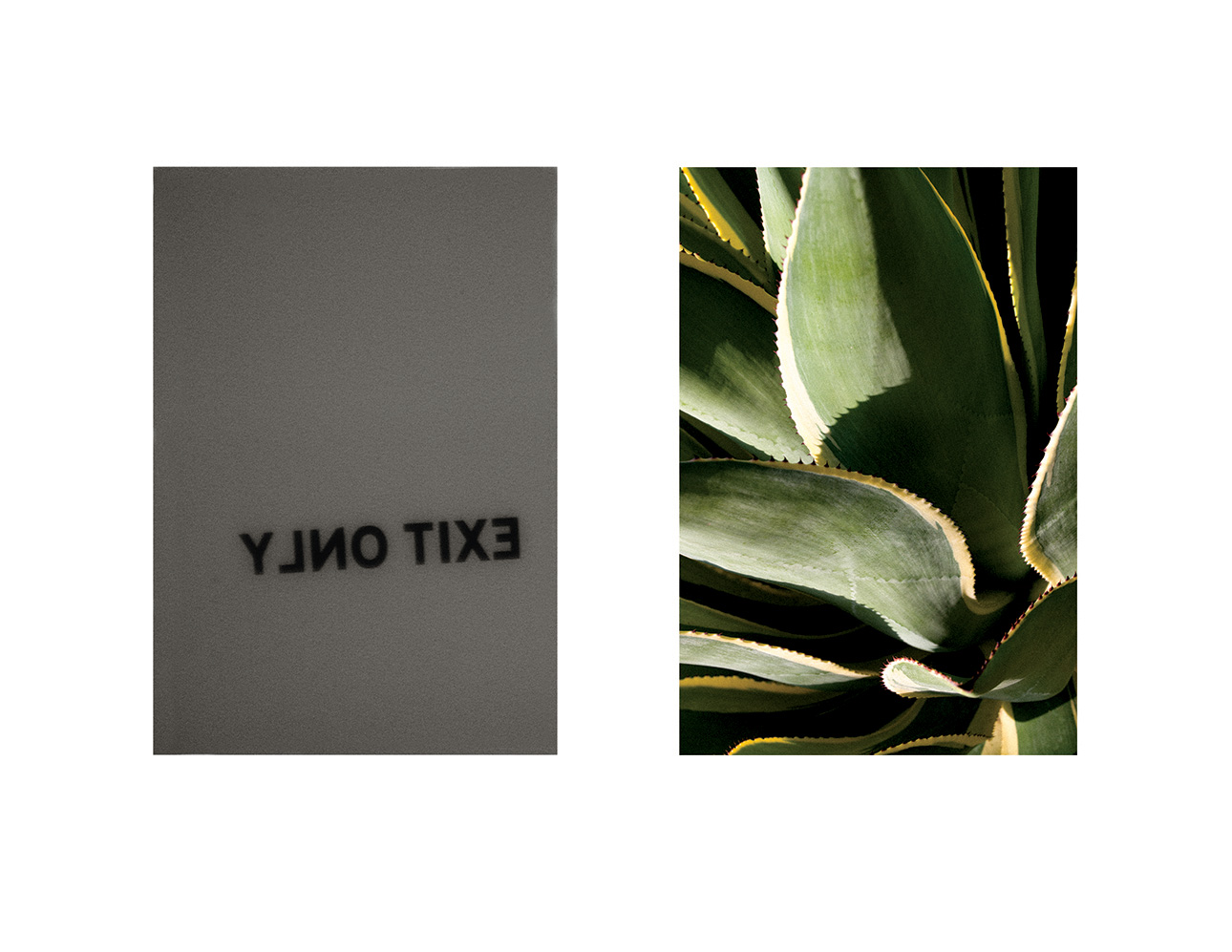
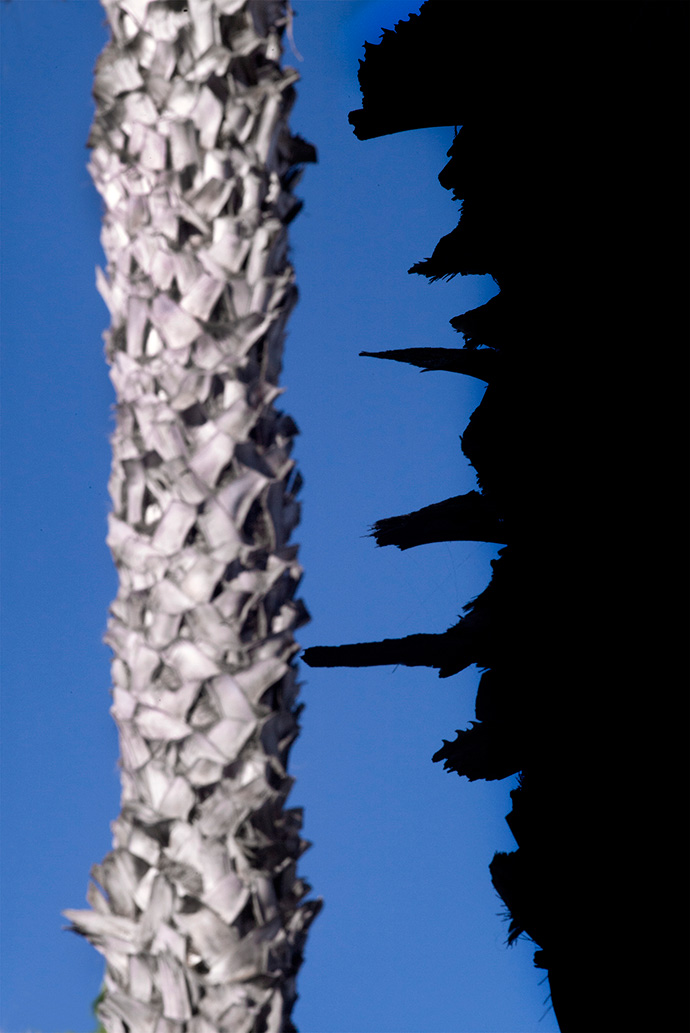
On Signature Style
Reality exists in a 100% scale, 3 dimensions, and in color. When you are taking black and white photographs, you reduce it to one dimension, reduce it in scale to an 11 by 14 inch print and you reduce it to 2 dimensions, flat surface. It is abstracted three steps away from reality.
In this abstraction, you get a lot of power. It’s more monumental, more epic. With color, you are only two steps away. It is more difficult to make a color photograph that is as good as a black and white photograph. It is much more complex, and I like the challenge.
I am not interested in compositing in Photoshop. Andreas Gursky, for instance, is a great artist, but I am not interested in those techniques. I don’t think they are bad, they are just not what I want to do. I am completely obsessed with my own perceptual phenomenology. If I could make a picture better, i would, but it is nothing that Photoshop could help me with.
You can always tell it’s been in Photoshop, because they always go too far. They never know when to stop, the Photoshop people. The software that makes it possible for everybody to photograph makes everybody’s photographs look the same.
Let me explain the phenomenon of a visual signature. For instance, Malevich introduced the concrete minimalism of constructivist thinking. After Malevich, you have a lot of people who came and performed variations on his theme. Some photographers, some artists announce themes, and most other photographers perform variations on previously announced themes. If you are trying to do something original and unique, you will also announce your own theme.
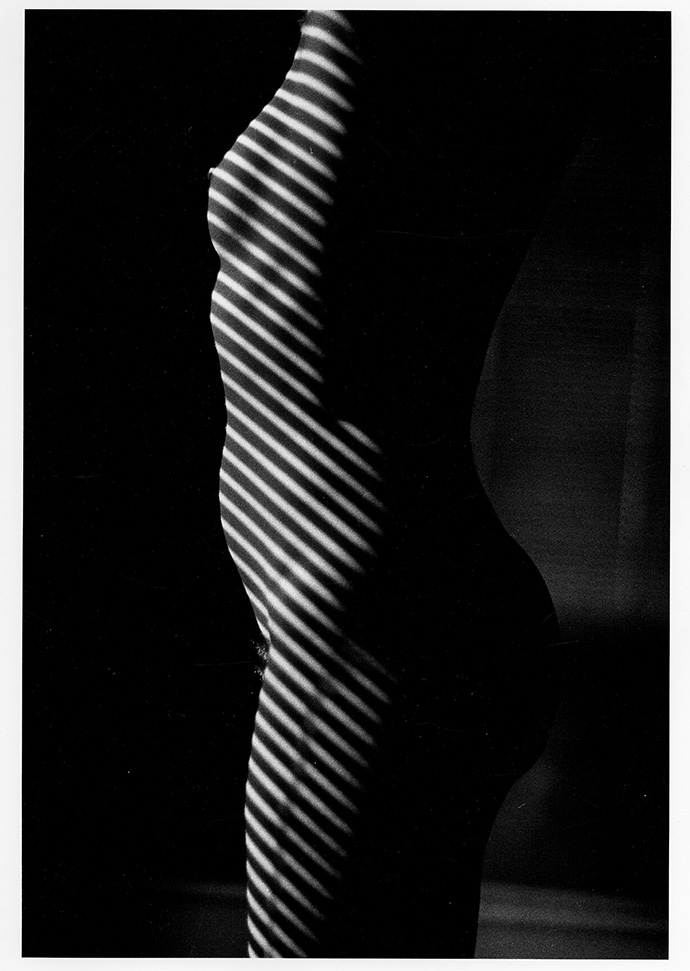
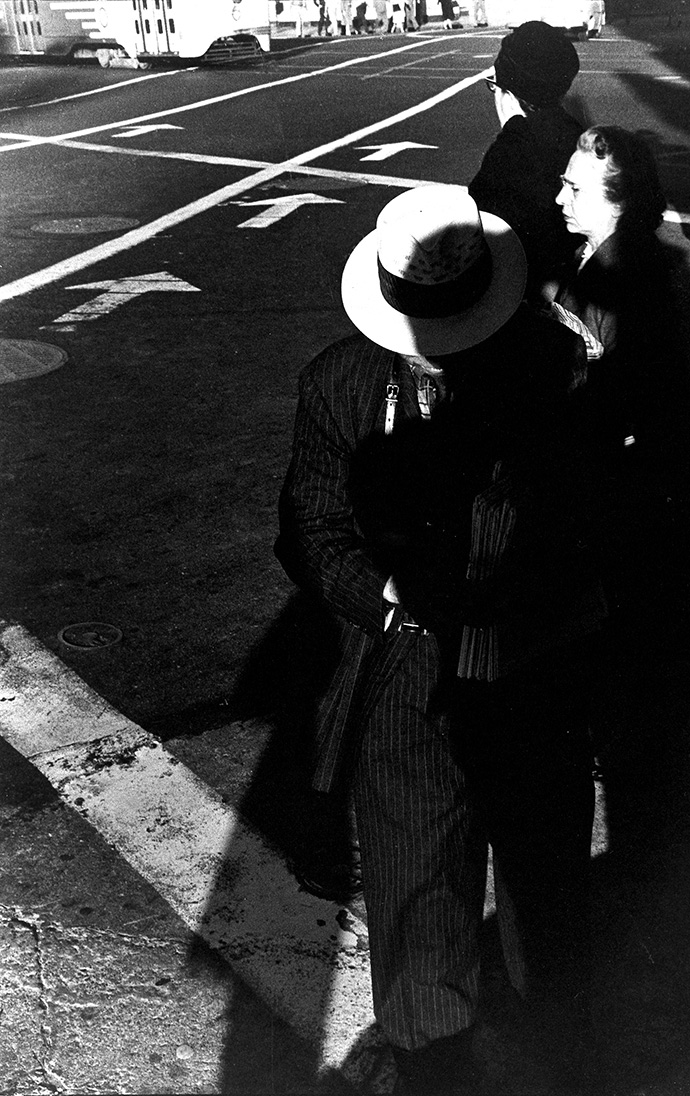
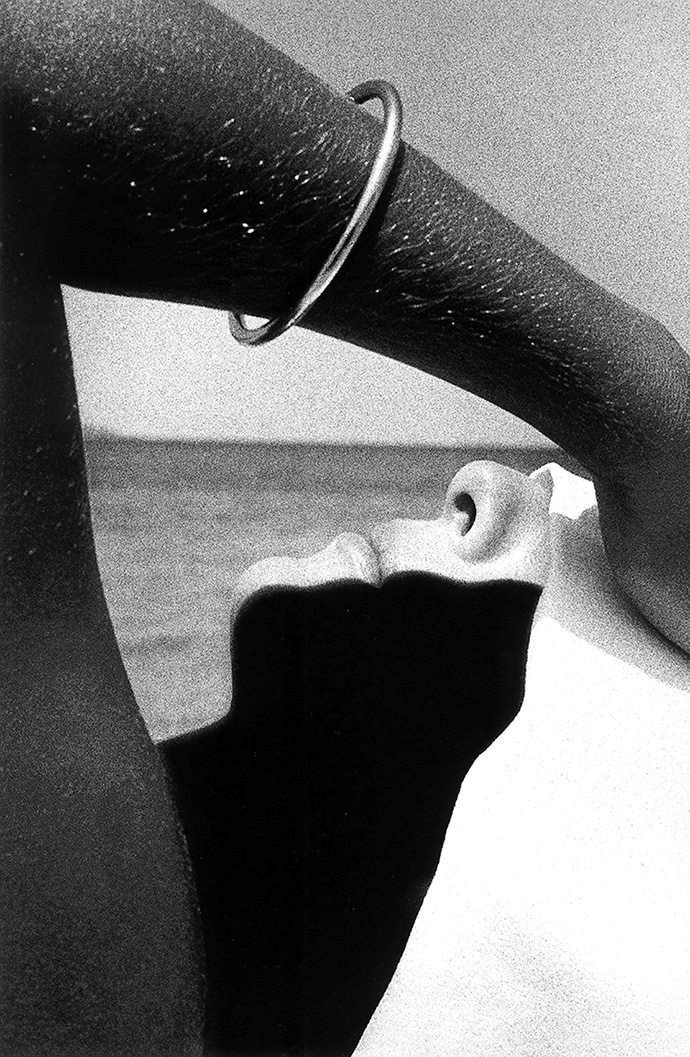
On Perspectives
If you believe that everything has been done already, then you will be one of these guys who do variations of the art of others. If you think it’s all been done, you’re not looking very hard, you’re not thinking very hard.
The first photograph in history was a picture of the rooftops, this is how architectural photography came along. Then, one of the early pictures was of a piece of sculpture, you could call that still life. And then they made a portrait and then a nude. So you could say that all the themes in photography were probably invented within the first couple of months from the invention of the medium.
I use teaching as an opportunity to discover new ideas of my own. I also feel a slight responsibility to give something back to photography. I don’t really teach because I want to tell people what to do. A lot of people believe that what they know is the best way to do something. I don’t think that way at all, I’m not that kind of teacher. I just tell people what I am thinking and what I am doing, and maybe that will help them come up with something on their own.
You have to spend a lot of time thinking about whether photography is right for you. Your generation wants things to happen very quickly, you feel entitled to everything, fast.
Art always reflects the culture in which it is made. It not only reflects the culture, it reflects the times we are living in. And we are living in the first years of globalization, and it is a very big shock to society. If you wanna know what the future of art is, it’s gonna be very much involved in the future of geopolitics.
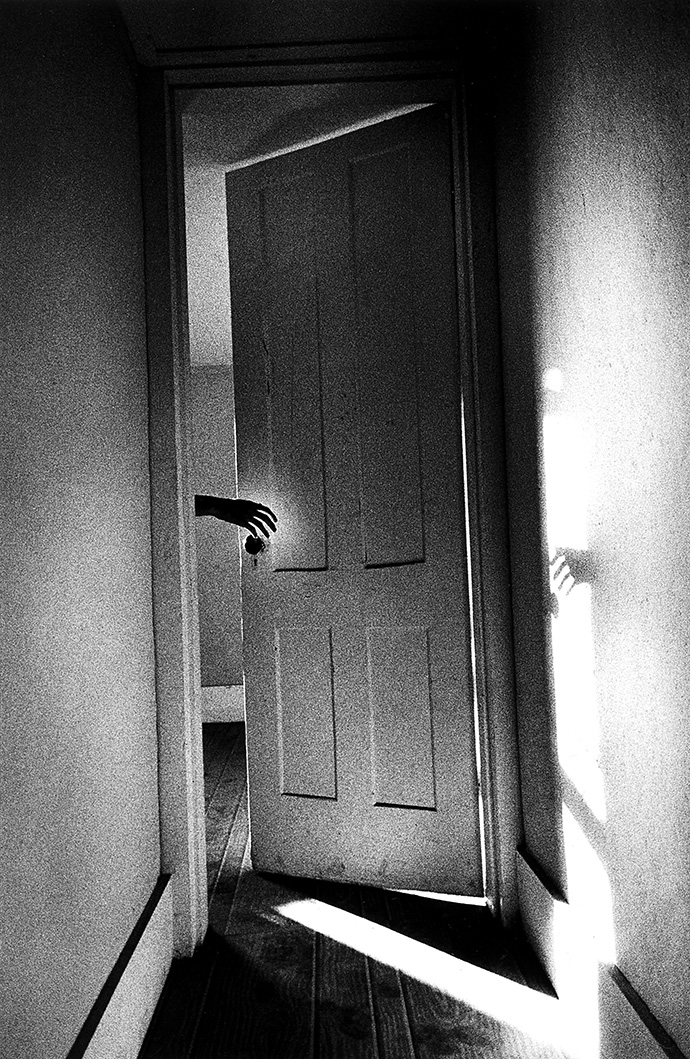
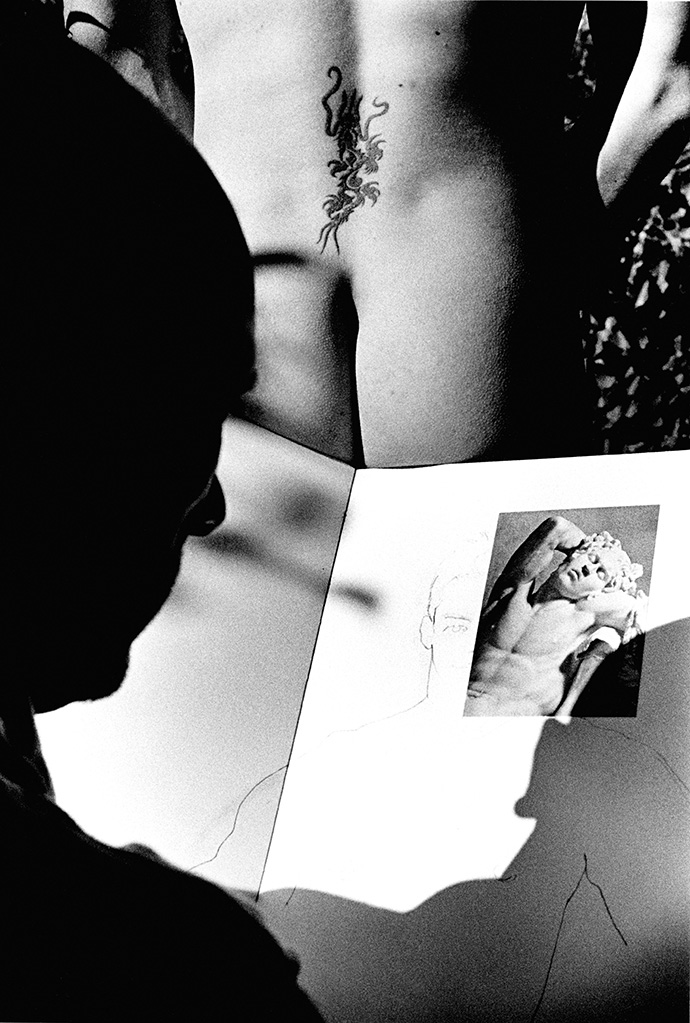
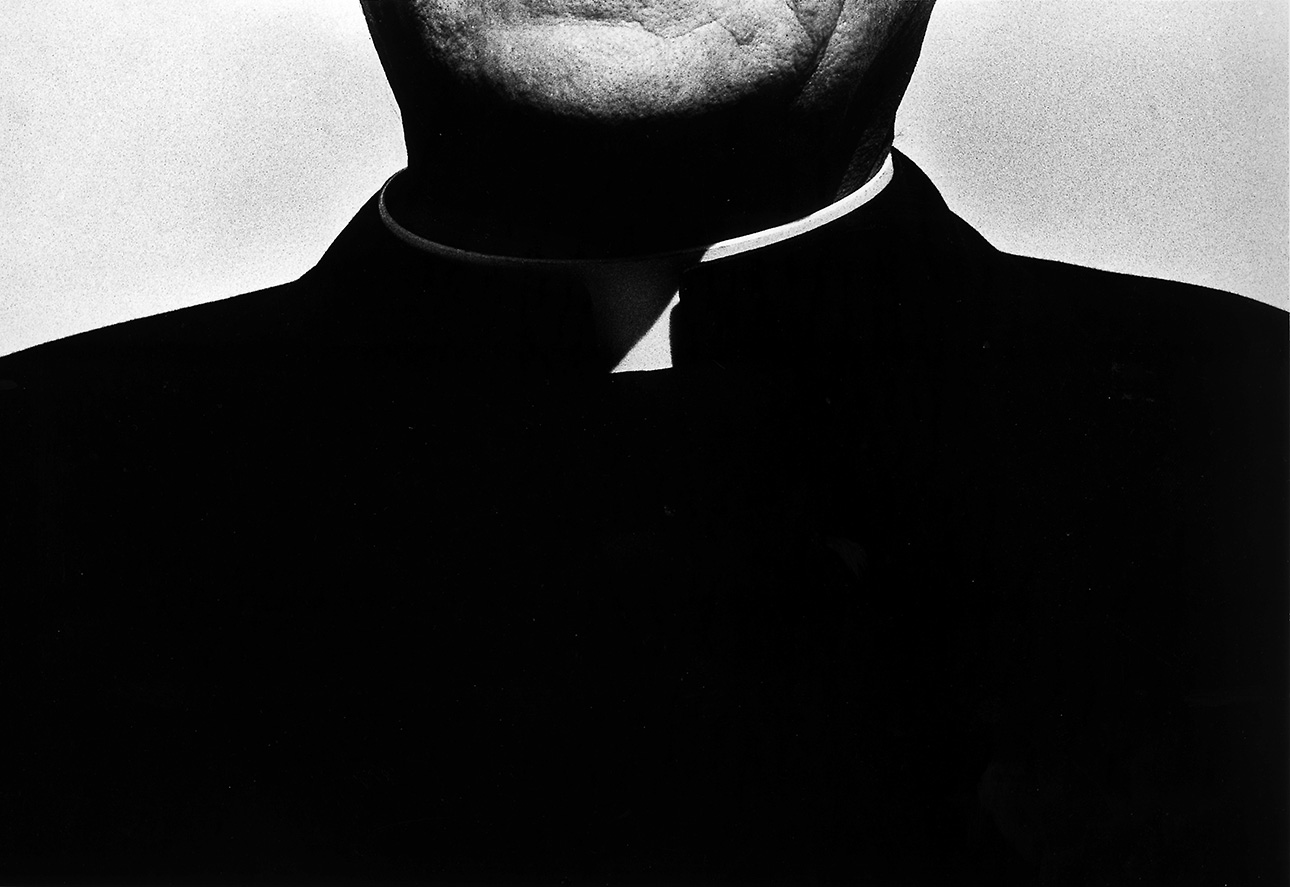
New and best
